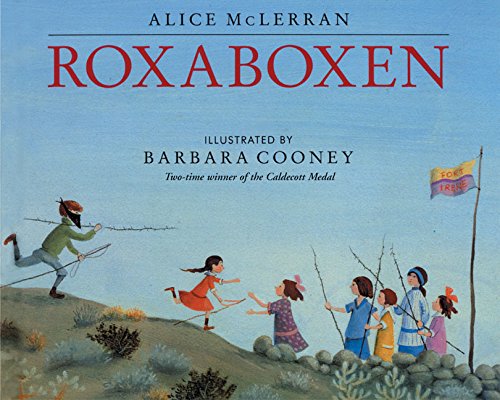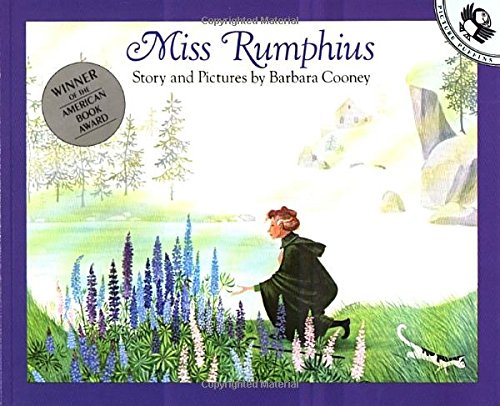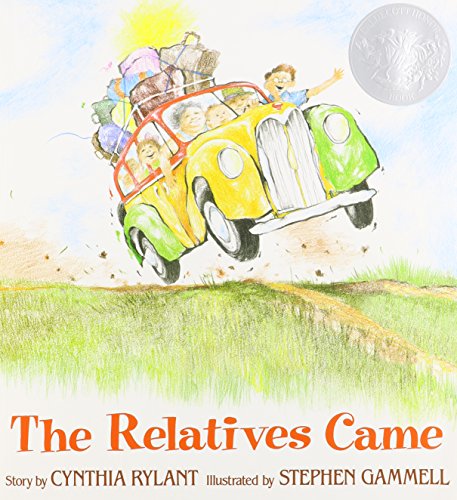I’m excited to bring you another episode of the Storyformed podcast! We’ll go back to posting At Home with Sally & Friends podcasts again next week, and we have a separate Storyformed podcast in the works for the future! Kristen had a little trip to celebrate her anniversary and so Holly and I conspired with Sarah for this week.
I’ve been thinking about the idea of developing a moral imagination in children. What does this mean?
Russell Kirk says the moral imagination is “an enduring source of inspiration that elevates us to first principles as it guides us upwards towards virtue and wisdom and redemption.”
As parents, we are a part of helping our children develop their moral imagination.
I believe one part of helping our children to develop a moral imagination is by reading them great stories with characters who see themselves as part of a larger story. In the Lion, the Witch, and the Wardrobe, the Pevensie children didn’t merely wander around Narnia, going here and there as they pleased, or for only their own pleasure. They quickly learned they were kings and queens who were needed to bring about life and order in a kingdom where darkness and fear had reigned for years. When our children read this story and others like it, they have the opportunity to imagine themselves as children who have a special and unique calling. If they can imagine themselves as a Lucy or a Peter in their own life, then maybe they can be brave in the midst of their own life and all its challenges.
What our children spend decades imagining may just come to bear witness in their lives as adults. Afterall, it takes having an imagination for any of us to have faith in God. If we can’t imagine God creating the world or God spitting the Red Sea for the Israelites, then our faith can become only ideas rattling around in our brain rather than a faith we are daily living out.
It has been a joy this week to watch my two oldest talk about the books they’re writing. After years of reading biographies about writers and poets like C.S. Lewis, Theodore Geisel (Dr. Seuss), Emily Dickinson, and the great William Shakespeare, and watching my husband and I work on various writing projects, they’ve caught the writing bug. They believe they can write books, in part because they’ve caught a vision by reading the stories of these writers’ lives. They have no illusion that these writers' lives were not filled with challenges and difficulties, but they’ve also seen their perseverance, and fortitude in the midst of hardship. And so, my girls believe God can use them to bring forth stories into the world that carry a message of hope.
You may be a doctor or an engineer or a farmer. Or you may have other family members who influence your home who plant seeds of ideas of what your children could become one day. In the reading of Farmer Boy or a biography about Jonas Salk (vaccine developer), your children have the opportunity to see not only you, as their parent, living out these vocations, but to also have the space to ponder how the characters of these books make choices. In Farmer Boy, Almanzo and his siblings are helping with summer planting and fall harvesting and wood chopping in winter. In this part of American history, life is challenging, yet Almanzo learns how to deal with all that comes his way. As your children read these stories, they can envision themselves as children who can be involved in helping in the family even if it means taking out the trash or unloading the dishwasher.
Children also have the opportunity to develop a moral imagination through free play. As they read great stories, the characters and plot lines are likely to seep into their everyday life. In our home, my kids have a huge dress up tub where they can find a myriad of costumes to dress up in. Once they’ve imagined their character, retrieved an appropriate costume, they’re off to find props to play act the story in their heads. If the weather is warm, this usually means the free play is taking place behind our home in the trees of the foothills. As you might ‘imagine’ this is an opportunity for me to let go of my desire for the entry way to stay clean as they track props, costumes, snacks and the like in an out of the house.
Their is no so-called productivity in their play. They aren't learning something the world sees as useful, or anything skill-related that they can put on their resume some day. But they are experiencing a wonder about their world and “learning to see with the inward eye, forming an interior self,” as Sarah Clarkson says, which will produce their identity and a belief they can contribute in God’s great story.
I pray the Lord will lead in you giving you a vision to develop a moral imagination in your children. As we present ourselves to the Lord, He can show us a path even when it seems no one has traveled it before.
SO EXCITED TO ANNOUNCE THAT WE WILL BE LAUNCHING A NEW WEBSITE FOR STORYFORMED. WE WILL ALSO HAVE A WEEKLY PODCAST AND BLOG TO INSPIRE YOU WITH NEW IDEAS.
KRISTEN AND I WILL BE BACK NEXT WEEK FOR THE LONG HAUL. CAN'T WAIT TO BE TOGETHER IN OUR PODCAST. WE SO ENJOY OUR TIME WITH YOU. HAPPY EASTER WEEK.
BOOKS FROM TODAY’S SHOW - STORYFORMED EPISODE #3 - Shaping the Moral Imagination Through Story & Free Play











































